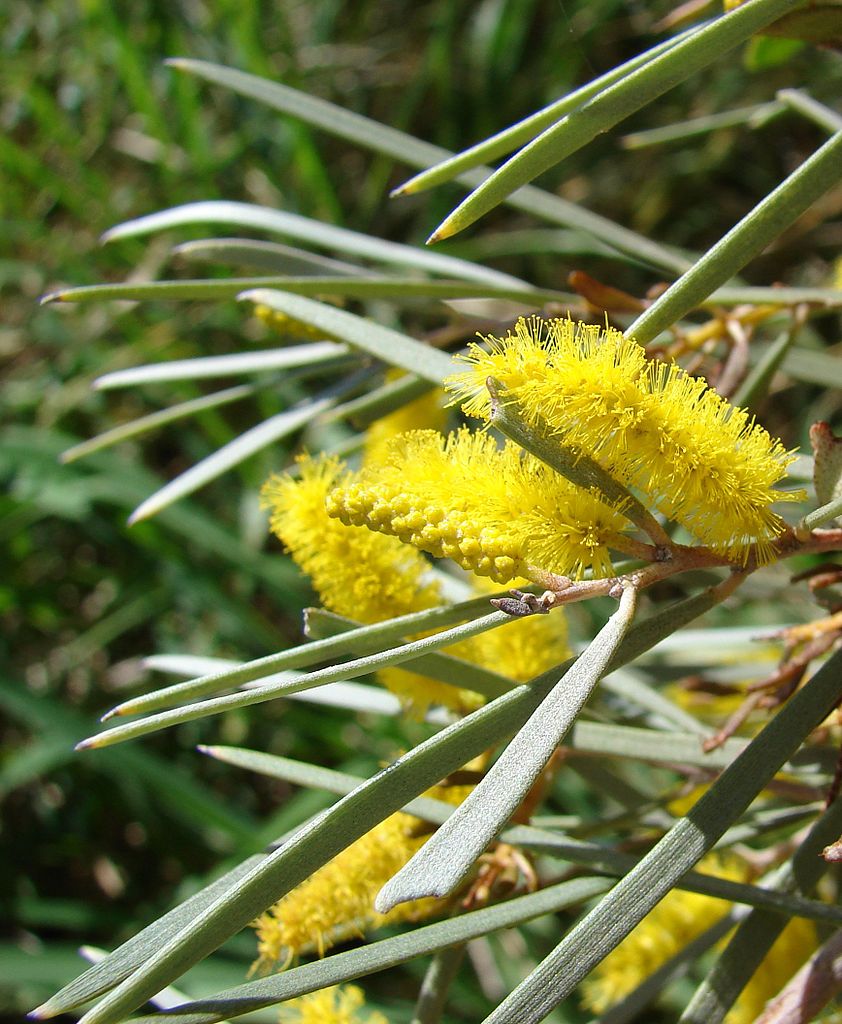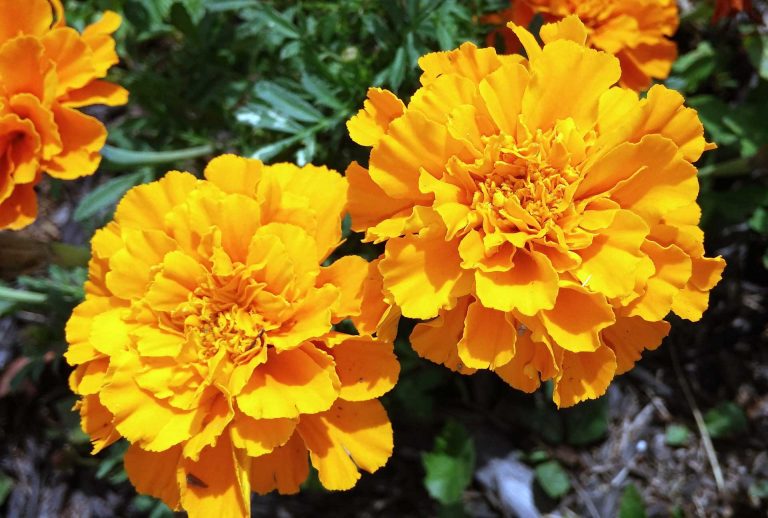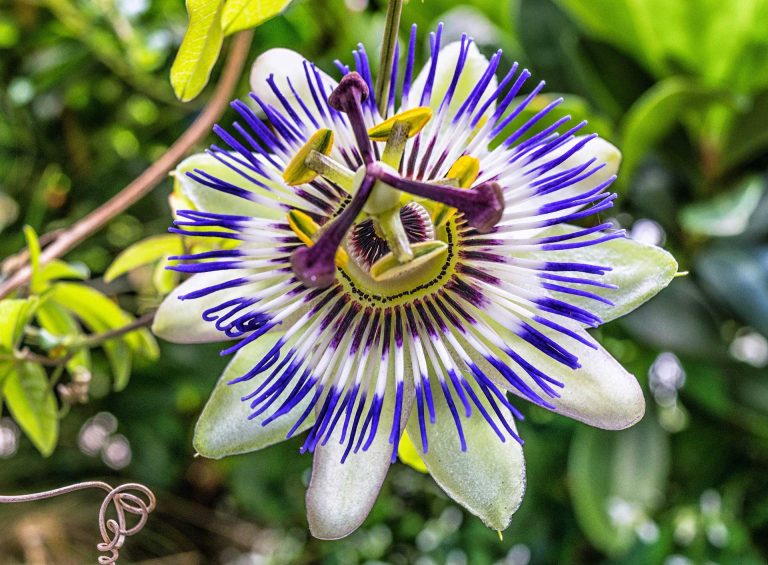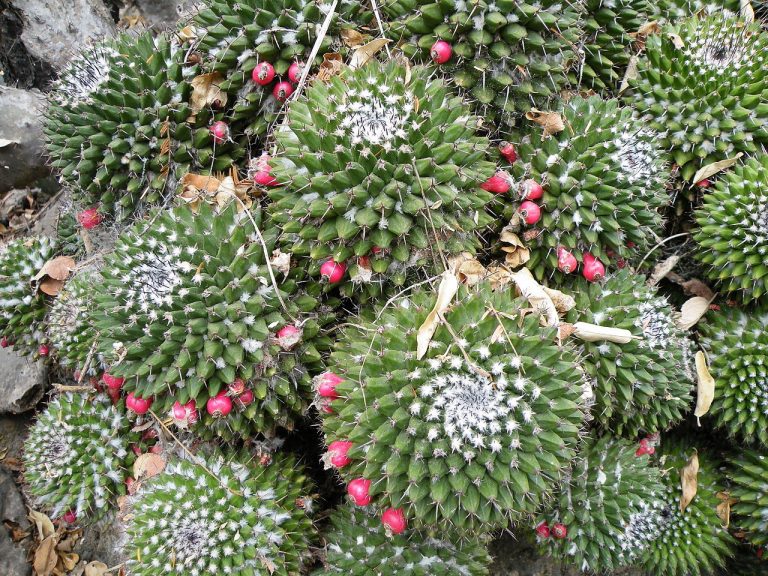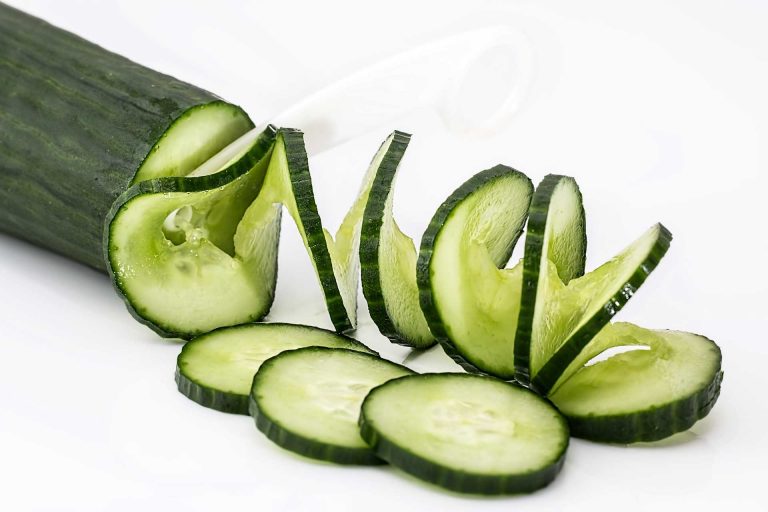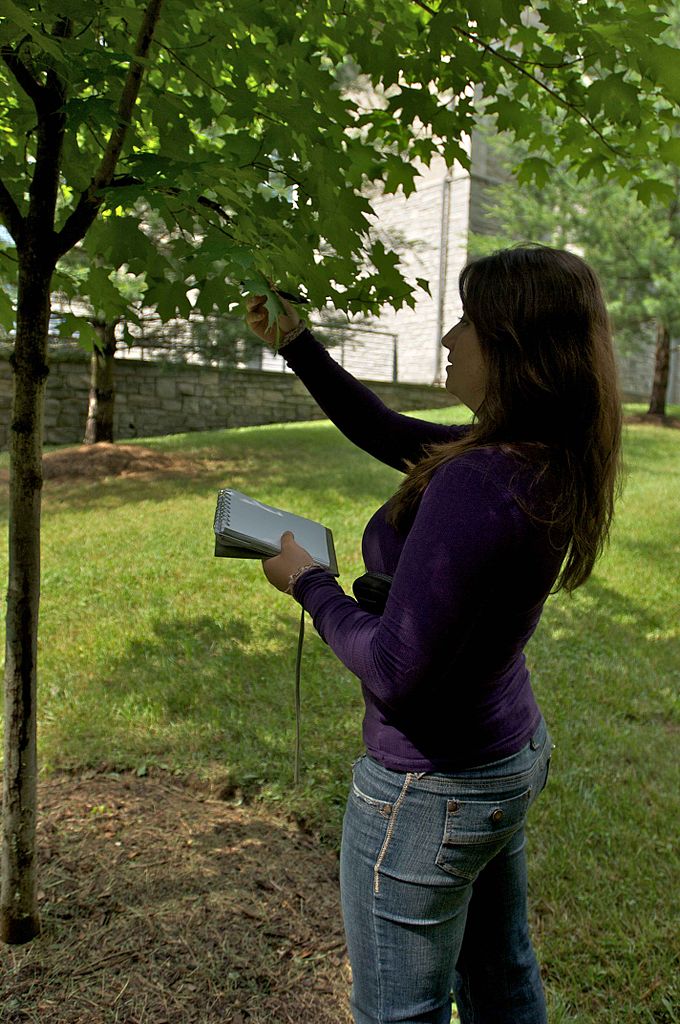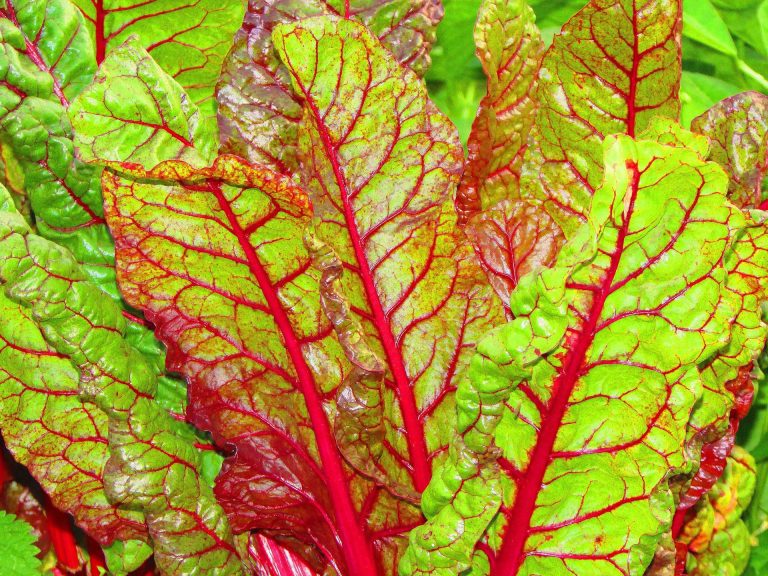January Flowers: Acacia
Scientific Classification
| Kingdom: | Plantae |
| Clade: | Angiosperms |
| Clade: | Eudicots |
| Clade: | Rosids |
| Order: | Fabales |
| Family: | Fabaceae |
| Subfamily: | Mimosoideae |
| Genus: | Acacia |
Acacia is a rare family of flowering plants spread geographically all over the world. They are seen on every continent. In Australia, they call it Wattles, and in America and Africa as Acacia. Among the plant kingdom, they are the biggest family of vascular plants. It derives its name Acacia from the Greek word “akis”, which means barb or a point. All over the world, the accasia research group reports that we can find 1350 varieties of Acacia. It makes for an admirable plant in your garden. Egyptian mythology relates the acacia tree with features of the tree of life, similar to the mythology pertaining to Isis and Osiris.
Anatomy
In common, the leaves of the accasia fraternity are pinnate, but in the pacific islands and in Australia in particular, they are concealed, but the leaf-stalks (petioles) get flattened upright and behave as leaves. These are called phyllodes. The upright arrangement of the phyllodes safeguards them from the strong sunlight. Having their edges pointing towards the sky they do not obstruct light as do horizontally laid leaves. The tiny flowers possess five very tiny leaves more or less concealed by their long stamens, and are displayed in the impenetrable globular form or cylindrical clusters; in the majority of verities they have a cream or yellow color and in few, they are purple (Acacia purpureapetala) or whitish and even red as in Acacia leprosa, or “Scarlet Blaze’).
Domestic Cultivation
Acacia belongs to the pompous flowering trees grow in the inlet Areas. During winter and towards spring we see fuzzy golden cylinders and orbs appear all of a sudden on several varieties.
How to Grow Acacia Domestically from Seeds
If you have you Acacia seeds for sowing, never just scatter them in same pot of soil and expect them to grow naturally. Most probably you will fail. For your seeds to germinate, you need to give them special care.
Harvest the Seedpods
The seed pods of acacia are 3 inches long, with five or six seeds in each of them. Gather the seed pods as soon as they turn brown or are dry. When you keep them in the shade, you observe them rattling within.
Prepare the Seeds for Planting
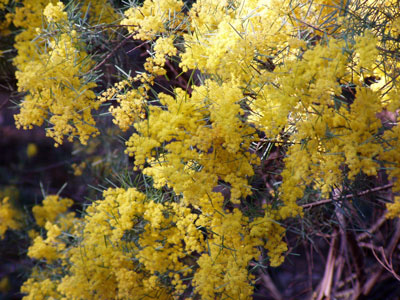
Photo by: Danielle Langlois
Break open the seed pod and you get the tiny black seeds. Segregate them from the foreign material and keep them in a tiny vessel. Plant them right away and in case you are not able to do so, transfer them into a phial, a container or envelope. Unill you are prepared to plant them store them in a cool place.
Planting the Seeds
Throw out the floating seeds, as they are not useable. In the middle of a 2-inch pot place a single seed and expose them to limited light for germination, avoid shielding them, only cover them lightly with vermiculite.
Warm Location
Keep the acacia pots in a warm place permitting 8 to 19 hours a day of sunlight. In winter you will not be able to do this since the days are shorter, thus place the pot below a grow light.
Keep a watch on the soil to ensure that it remains moist. When planting seeds in a pot about 6 inches, only keep the top ½ inch of the soil slightly moist
Be tolerant because it takes two weeks for germination. As soon as the seeds sprout, persist in growing them either under grow lights or in locations that are bright.
Transplanting the Seedlings
When the second lot of true leaves appears, transplant the seedlings in pots of 6 inches. In such cases, cautiously remove the two among the smaller plants and transplant them in similar 6inches pots.Do not fling them away.
All about the Acacia Flower
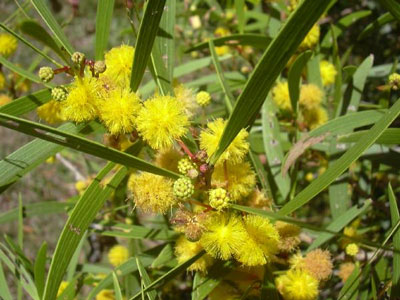
Photo by: Forest & Kim Starr
Many people admire the stunning Accasia flower. In case you like this flower, you need to know much about them; their history, looks, use and the history of the flower if this is your dream flower, use it in your bouquet or leave it in the garden, exuding its charm and beauty for all to admire.

Having discovered a fondness for insects while pursuing her degree in Biology, Randi Jones was quite bugged to know that people usually dismissed these little creatures as “creepy-crawlies”.

